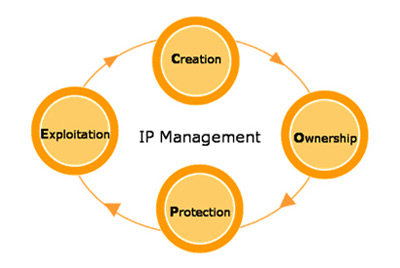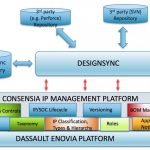Advanced semiconductor fabrication technology is what makes it possible to pack more and more transistors into a sq.mm of a wafer. The rapidly increasing demand for advanced-process-based chips has created huge market opportunities for semiconductor manufacturing equipment vendors. According to SEMI, worldwide sales … Read More
Leveraging Simulation to Accelerate the Design of Plasma Reactors for Semiconductor Etching Processes
There is no shortage of reporting on the many technological advances happening within the semiconductor industry. But sometimes it feels like we hear less in the area of semiconductor manufacturing equipment than in the design and product arenas. That doesn’t mean that there is less happening there or what is happening there … Read More
Executable Specifications Shorten Embedded System Development
Even though AI is being used to replace procedural coding for many embedded applications, there is still, and will be for a long time, code that is written manually to deal with complicated inputs to control connected systems. Even in AI based systems there are programmer coded steps for responses to AI identified inputs. All of … Read More
Fully Modeling the Semiconductor Manufacturing Process
A lot of folks in the semiconductor business are familiar with Dassault Systèmes because of their product life cycle management (PLM) products for IC design. They are, of course well known in other industries as well for their 3D modeling and simulation software. Over the years they have added capabilities and intelligence to … Read More
Optimizing High Performance Packages calls for Multidisciplinary 3D Modeling
For all the time we spend thinking and talking about silicon design, it’s easy to forget just how important package design is. Semiconductor packages have evolved over the years from very basic containers for ICs into very specialized and highly engineered elements of finished electronic systems. They play an important role … Read More
A Brief History of IP Management
As RTL design started to increase in the late 1980’s and early 1990’s, it was becoming apparent that some amount of management was needed to keep track of all the design files and their associated versions. Because of the parallels to software development, design teams looked to the tools and methodologies that were in use by software… Read More
Delivering Innovation for Regulated Markets
When delivering devices to markets that require heavily audited compliance it is necessary to document and demonstrate development processes that follow the various standard(s) such as IEC65108, IATF16949, ISO26262.
For complex multi-disciplinary designs this can be difficult as they are often developed by multiple teams… Read More
Webinar: Next Generation Design Data & Release Management
Design Data Management (DDM) is a bit like insurance. It’s something every semiconductor company has to have, and as a result it’s probably something taken for granted. In order to make their products more useful, the DDM vendors have added more functionality to manage more of the lifecycle of design data.
Dassault’s Synchronicity… Read More
IP Traffic Control
From an engineering point of view, IP is all about functionality, PPA, fitness for use and track record. From a business/management point of view there are other factors, just as critical, that relate less to what the IP is and more to its correct management and business obligations. The problems have different flavors depending… Read More
Synchronizing Collaboration
Much though some of us might wish otherwise, distributed development teams are here to stay. Modern SoC design requires strength and depth in expertise in too many domains to effectively source from one site; competitive multi-national businesses have learned they can very effectively leverage remote sites by building centers… Read More










